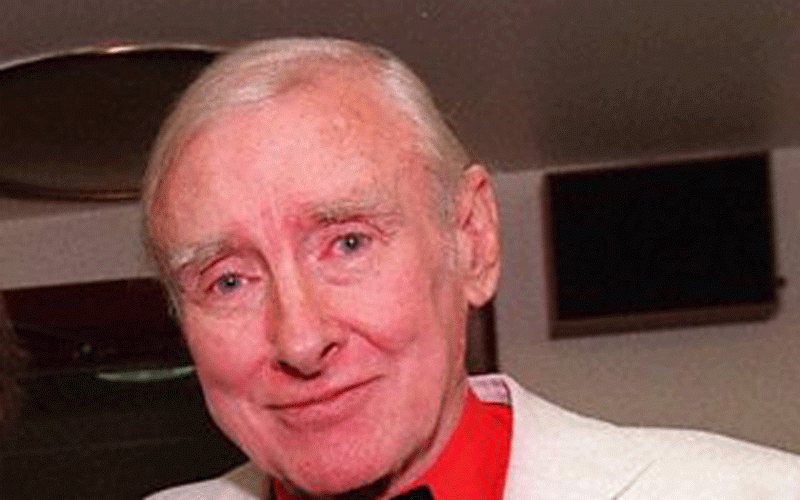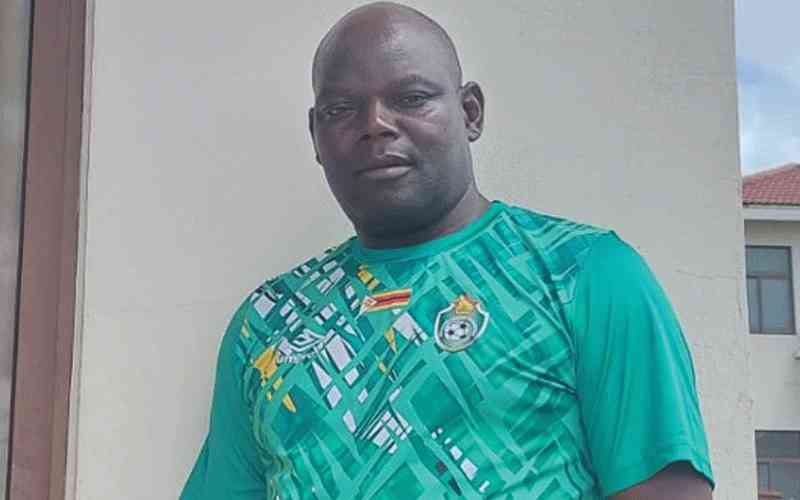
What is written on people’s gravestones can be interesting and amusing. Hank Williams had “I’ll never get out of this world alive” written on his – there can be no argument about that (if we consider it purely in physical terms, we might note though). Spike Milligan, the celebrated comedian, wanted “I told you I was sick” to be written on his, while one gravestone simply says “Yul B. Next” (perhaps referring to Yul Brynner, the Russian and American actor known for his portrayal of King Mongkut in the stage musical The King and I, for which he won two Tony Awards, and later an Academy Award for Best Actor). Yes, we may well be next and need to be ready, for sure.
What is written on gravestones (if anything) generally summarises the person’s life in a few brief words; it is for what others would want us to remember them. In a similar way, obituaries read out at people’s funeral are intended to summarise what the person has achieved, or rather for what he is remembered, though often people simply see it as a chance to tell some funny stories about their relative, colleague or friend. The interesting thing is that most people do not write their own obituary – after all, they will not be around to hear it (and they have witnessed it already, anyway)!
Others, however, have written their own obituaries, providing more personal, accurate detail and unique perspectives and insights, underlining what they saw as being important, relevant and worthy of recording about their life. This may be seen as giving a prejudiced picture though it can be argued that someone else writing the obituary will be equally but differently biassed.
Then, some have heard their own obituaries, though they did not write them. Mark Twain, the American novelist, had an obituary published in a newspaper while he was still alive and stated to the newspaper that “The report of my death was an exaggeration.” On the subject of obituaries, he did at another time wittily declare that “I’ve never wished a man dead, but I have read some obituaries with great pleasure.” Alfred Nobel, the founder of the Nobel Prizes, read his obituary while he was alive as newspapers mistook his brother’s death for his. Reading it shook him as it was not how he wanted to be remembered and as a result he changed his whole focus and life.
We raise these points because, as the dust settles on another full sporting term, no doubt teams and schools are summarising their results in the way that they want them to be remembered. Many will be delighting in having beaten their arch-rivals; others will be celebrating an unbeaten season; others will be looking for something that will make them stand out as being better than others. Once again, a specific slant will be put on the ‘obituary’. Equally, each week in our Assemblies, whatever we announce is the ‘obituary’ for the weekend – so what was important to record and remember? Here, then, is the question: for what do we want people to remember our school sporting fixture? We may want those things to be remembered but will they ever be read out at our funeral? Hardly.
The simplest, most profound epitaph found on a gravestone could be one that is found in a secluded cove in a rarely visited piece of coastline on the west coast of Scotland for an unknown sailor who must have drowned at sea and his body washed ashore. Someone must have been there, most likely a lonely shepherd, and found the body, then decided to make a beautifully carved, wooden, expensive Celtic cross for someone he had never met, then carried it miles across the moor, despite its weight, to erect it where few people would ever see it. Two words were carved on the cross: “God Knows”. That was all. And that perhaps is all that needs to be said. God knows what is important. God knows the man who died but he also knows the man who erected the cross. God knows what we consider to be important. God knows if beating that school is relevant. God knows.
There is a well-known poem by Grantland Rice which says, “For when the One Great Scorer comes / To mark against your name, / He writes - not that you won or lost - / But how you played the Game”. Do we really want or need people to remember of the match or the season’s performances that we won, that we piled up a record score, that we beat our rivals fair and square? Two different sets of two words should be enough to summarise accurately the ‘obituary’ of our teams’: either “they learned” or, equally important, “they loved” – end of. Just like death. Those twain are important.
- Epitaph of a match











